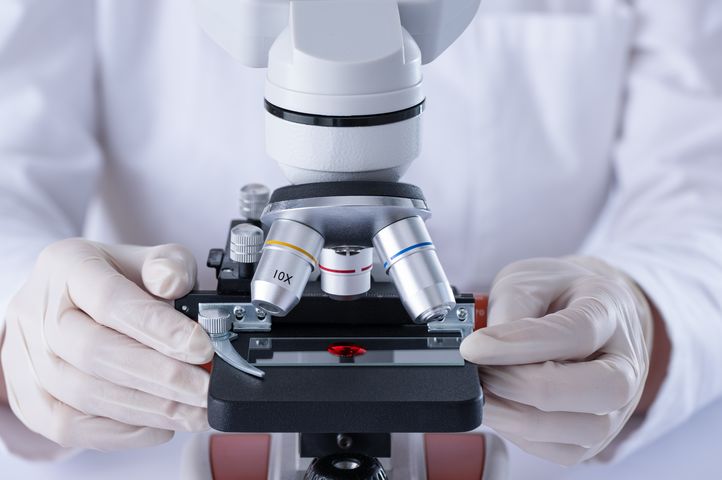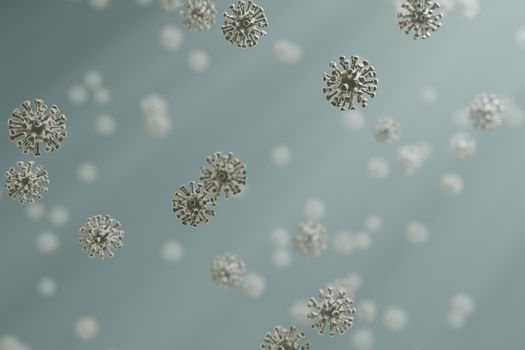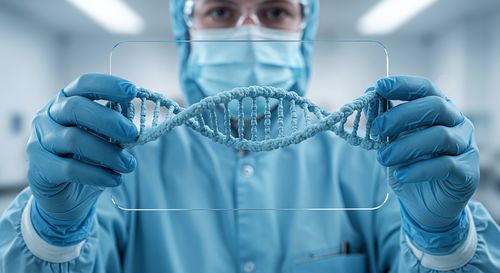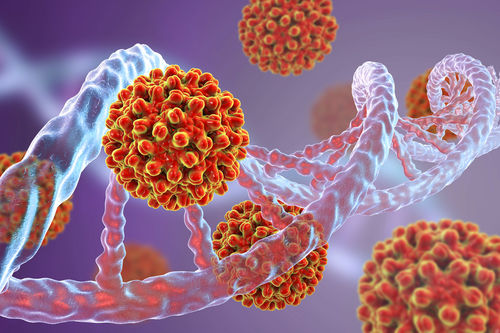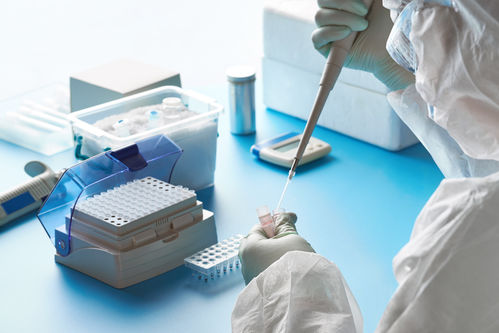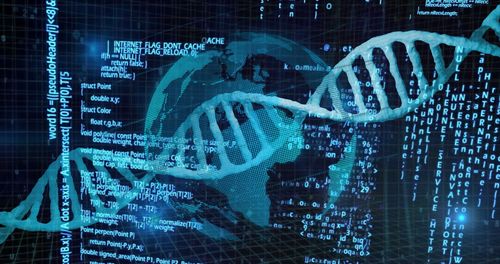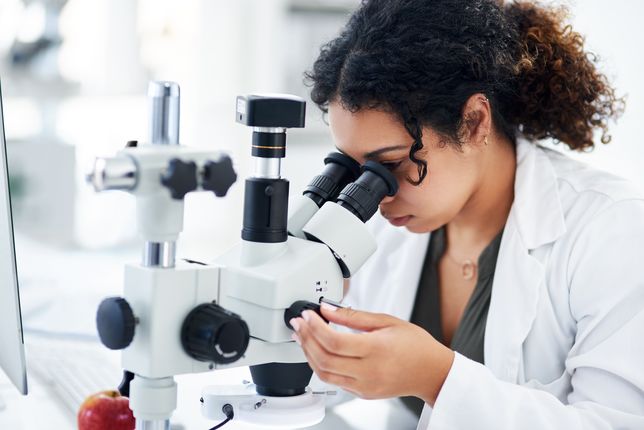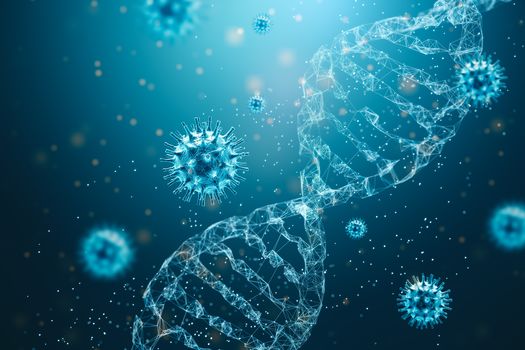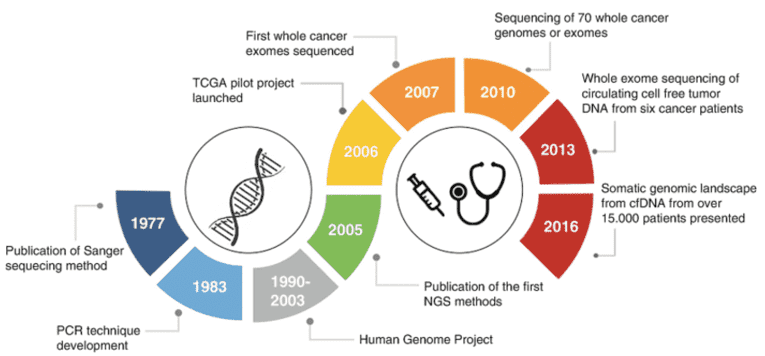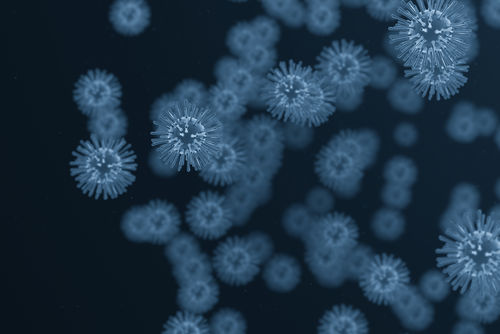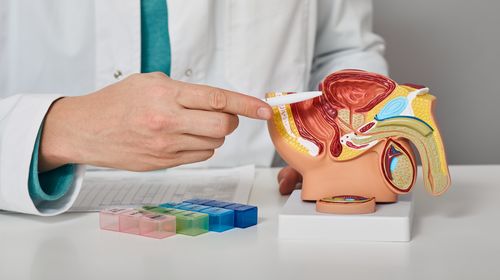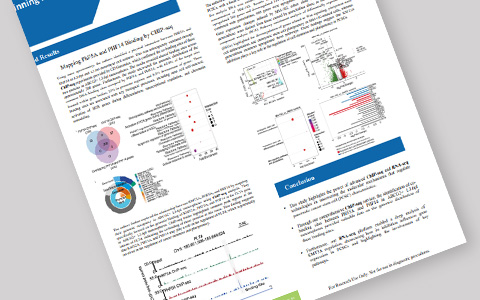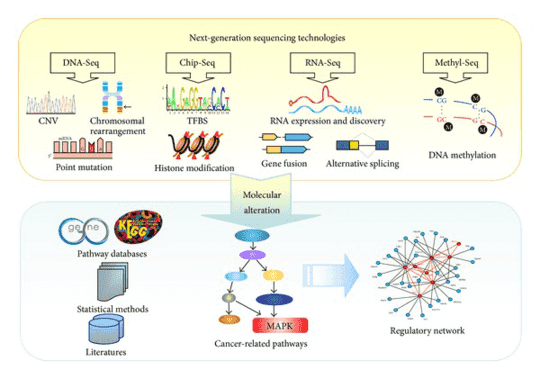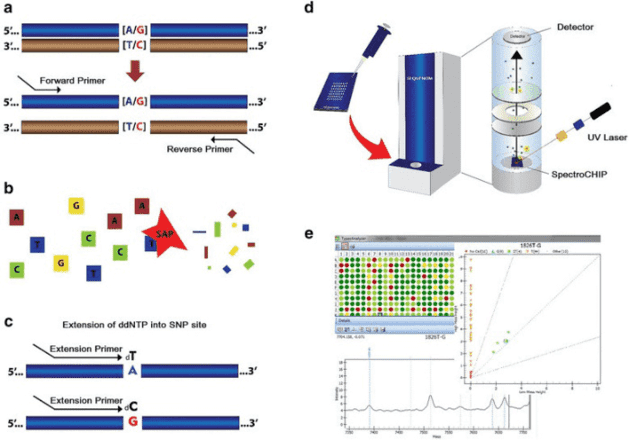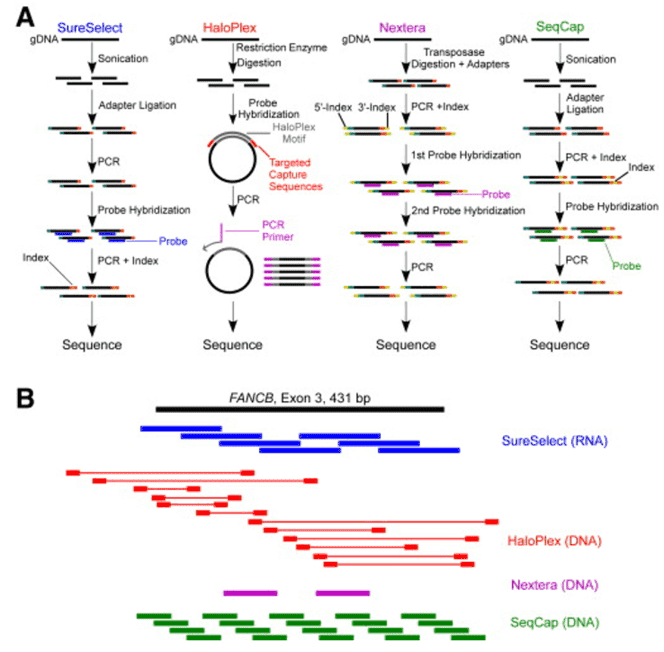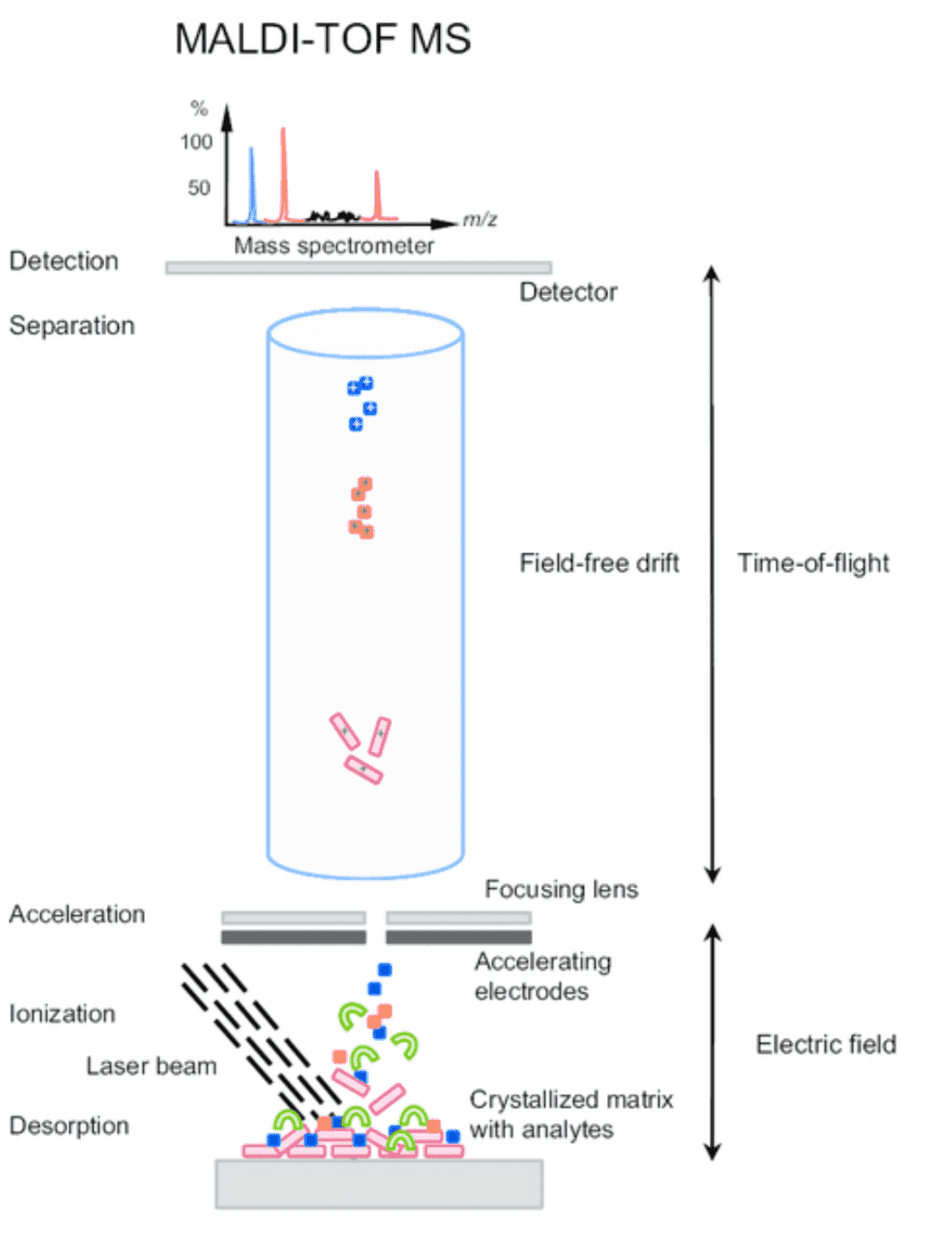Custom Autoinflammatory Syndrome Panel

What are autoinflammatory syndromes?
Autoinflammatory syndromes are rare disorders which often have inflammatory features and malfunctions of the innate immune system. It constitutes of a set of disorders with recurrent episodes of inflammation, accompanied by inflammatory cutaneous, mucosal, serosal and osteoarticular manifestations. In general, autoinflammatory syndromes are not caused by infection or innate immune, but are the results of genetically driven dysregulated innate immune response with over-activated inflammasome and cytokines. Affected patients often have first- or second-degree relatives with similar features. Genetic defects have been identified in a range of disorders, including familial Mediterranean fever (FMF), TNF receptor–associated periodic syndrome (TRAPS), hyper-immunoglobulinemia D with periodic fever syndrome (HIDS) and cryopyrin-associated periodic syndromes (CAPS) which include a spectrum of disorders: familial cold autoinflammatory syndrome (FCAS), Muckle-Wells syndrome (MWS), neonatal-onset multisystem inflammatory disease (NOMID) and so forth. With advanced understanding of autoinflammatory syndromes, genetic variants will help researchers detect mechanisms of those disorders pre-clinically and clinically.
Disease-related gene description
46 known missense mutations involving TNF receptor type I have been identified to be localized on distal chromosome 12p in patient with TRAPS. Among all the mutations, R92Q and P46L mutations are detected 4% and 1% of the population, respectively. R92Q and T61I polymorphisms are usually related to rheumatoid arthritis and found with an adult onset. The most common autoinflammatory syndromes is FMF, as a result of a recessive mutation of the Mediterranean Fever gene 16p13, located on the short arm of the chromosome 16. Major mutations in FMF have 5 common phenotypes, including M694V, M6941, M680I, V726A and E148Q. Defective function of protein encoded by MEFV and pyrin, results in uncontrolled inflammation with upregulated IFN-γ and circulating proinflammatory cytokines. There are also more gene defects found in different disorders, such as NLRP3 (NOD-like receptor family pyrin domain 3) mutations in CAPS, PSTPIP1 (proline-serine-threonine phosphatase-interacting protein) mutations in PFAPA syndrome, and so on.
To have better understanding of different genetic mutations in various autoinflammatory syndromes, our platform provides targeted DNA sequencing by the Illumina MiSeq or Ion PGM system. You can choose genes from our comprehensive autoinflammatory syndromes panel library for genetic testing or to customize your own panel.
Custom autoinflammatory syndrome panel offers but are not limited to:
-
Amplicon sequencing by Illumina MiSeq/Ion PGM system can provide reliable data of comprehensive coverage of coding regions.
-
Customizable panel to research autoinflammatory syndromes will meet your requirements and save your cost.
-
Further validation and strict quality control will always be applied to ensure the validity, repeatability and accuracy.
-
Custom panel content is updated with the frontier from current publications to target all relevant regions.
-
You can choose genes from our autoinflammatory syndrome panel content or discuss with our technician to personalize your own special panel.
Choose the genes that suit you from the autoinflammatory syndrome gene list
| ACP5 |
COPA |
L10RA |
NLRP12 |
POLA1 |
PSTPIP1 |
| SAMHD1 |
TNFRS1A |
ADAM17 |
IFIH1 |
LPIN2 |
NLRP3 |
| POMP |
RBCK1 |
SH3BP2 |
USP18 |
ADAR1 |
IL10RB |
| MEFV |
NLRP7 |
PSMA3 |
RNASEH2A |
SLC29A3 |
AP1S3 |
| IL1RN |
MVK |
NOD2 |
PSMB4 |
RNASEH2B |
TFEX1 |
| CARD14 |
IL36RN |
NLRC4 |
OTULIN |
PSMB8 |
RNASEH2C |
| TMEM173 |
CECR1 |
L10 |
NLRP1 |
PLCG2 |
PSMB9 |
| RNF31 |
TNFAIP3 |
|
|
|
|
Specimen requirements of our custom autoinflammatory syndrome panel
- Specimen: whole blood, saliva or extracted DNA (not FFPE-compatible).
- Volume: 8 mL whole blood, 2 mL saliva or min. 1 μg DNA.
- Collection: blood is collected by routine blood collection and saliva is collected by spitting into the provided container. DNA samples are stored in TE buffer or equivalent.
- Container: lavender-top (EDTA) tube or yellow-top (ACD) tube.
Gene panel workflow

For more information about the Custom Autoinflammatory Syndromes Panel or need other amplification requirements, please contact us.
References:
- Cush, J.J. Autoinflammatory Syndromes. Dermatologic Clinics, 2013 July; 31(3): 471–480.
- Moghaddas F. and Masters, S.L. The classification, genetic diagnosis and modelling of monogenic autoinflammatory disorders. Clinical Science, (2018) 132 1901–1924.
- Simon, A., et al. Chapter 97 – Familial Autoinflammatory Syndromes. Kelley and Firestein's Textbook of Rheumatology (Tenth Edition), Volume 2, 2017, Pages 1666-1684.e4.
- Pastore S. et al. Fever tree revisited: From malaria to autoinflammatory diseases. World Journal of Clinical Pediatrics. 2015 Nov 8; 4(4): 106–112.
* For research purposes only, not intended for clinical diagnosis, treatment, or individual health assessments.
Related Services
Related Products
Related Resources


